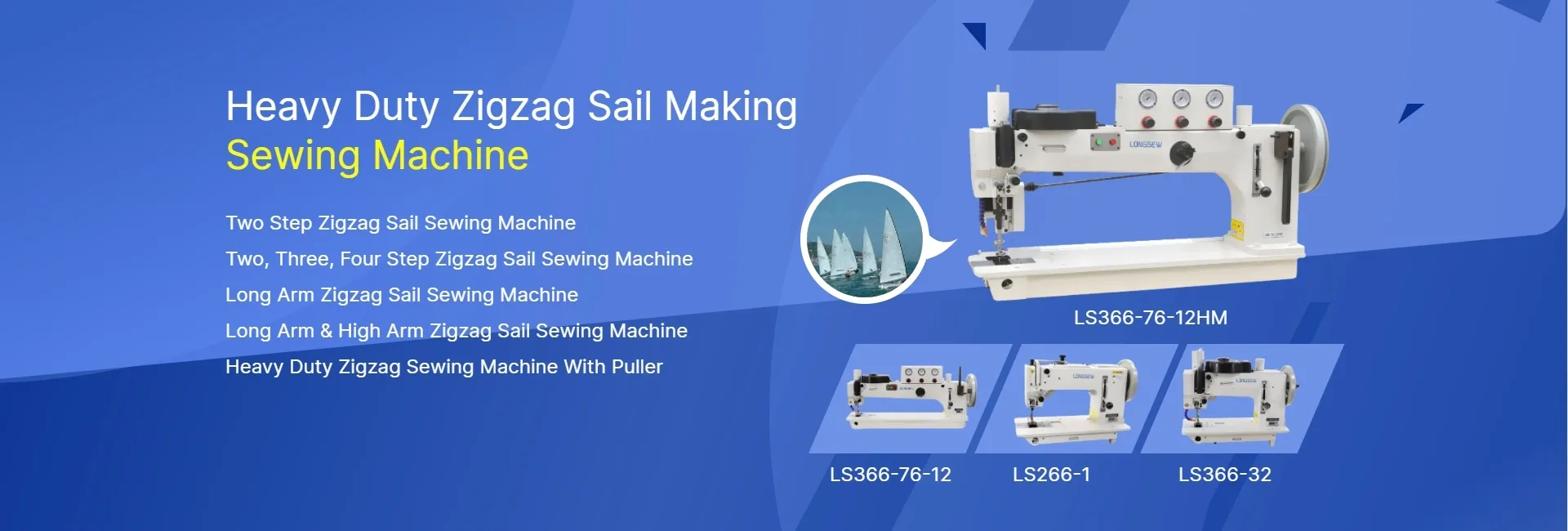Different Categories of Leather Sewing Machines for Various Sewing Needs and Applications
Types of Leather Sewing Machines A Comprehensive Guide
Sewing leather can be a challenging task, requiring specialized machines designed to handle the unique properties of this material. Leather is thicker, tougher, and often more resistant than standard fabrics, demanding specific machinery to achieve optimal results. In this article, we will explore the various types of leather sewing machines available on the market, highlighting their features, advantages, and suitability for different projects.
1. Heavy-Duty Sewing Machines
Heavy-duty sewing machines are designed to sew through multiple layers of heavy materials, making them ideal for leather projects. These machines typically feature sturdier frames, powerful motors, and industrial-grade components. They can handle thick leather, denim, and canvas with ease. Brands like Singer and Juki offer models specifically designed for heavy-duty tasks, ensuring durability and reliability when working with leather.
2. Walking Foot Sewing Machines
Walking foot sewing machines are particularly favored in leatherwork. Unlike standard presser feet, the walking foot design ensures that both the top and the bottom layers of fabric move together smoothly, preventing slipping and puckering. This feature is crucial for leather, as it can be prone to warping under pressure. Walking foot machines are available in both industrial and home-sewing varieties, making them versatile options for both hobbyists and professionals.
3. Leather-Craft Sewing Machines
Leather-craft sewing machines are tailored specifically for working with leather, featuring specialized feet, needles, and feed systems. These machines can handle a wide range of leather thicknesses, from thin lambskin to thicker hides. They often come equipped with adjustable speed settings, allowing for precision in intricate designs. Brands such as Tandy Leather and Cowboy have developed machines that cater specifically to leather artisans, ensuring quality results and ease of use.
types of leather sewing machines

4. Post Bed Sewing Machines
Post bed sewing machines are used for sewing cylindrical or curved leather projects, such as bags, shoes, and belts. They feature a raised post instead of a flat bed, making it easier to maneuver the leather around the project. These machines allow for greater flexibility when working on complex designs, as they can stitch in tight corners and awkward angles. Post bed machines are commonly used in commercial settings where efficiency and precision are paramount.
5. Saddle Stitching Machines
Saddle stitching machines are designed for hand-sewn techniques that provide extra strength and durability, especially for leather goods. This type of machine mimics the traditional hand-stitched saddle method, using a two-needle threading technique that creates a robust stitch. While less common in home sewing, these machines are crucial for leather workers who require a professional finish for belts, wallets, and other leather accessories.
6. Computerized Sewing Machines
For those who desire modern technology in their leatherworking, computerized sewing machines are a fantastic choice. Many of these machines come with a variety of built-in stitches and the ability to adjust tension and stitch width automatically, which can be beneficial when transitioning between different types of leather. Brands like Brother and Bernina offer models that include features specifically for sewing leather, such as a stronger motor and specialized presser feet.
Conclusion
Choosing the right leather sewing machine is critical for achieving professional results in your projects. Each category of machine serves distinct purposes, tailored to different user needs—from casual hobbyists to professional artisans. Whether you prioritize strength, precision, or technology, there's a leather sewing machine available to fit your crafting style. Investing in the right equipment will not only enhance your sewing experience but also elevate the quality of your leather goods.
-
Boost Production Efficiency with a Pattern Sewing MachineNewsAug.29,2025
-
Industrial Excellence with the Best Heavy Duty Sewing MachineNewsAug.29,2025
-
Precision and Power with the Best Pattern Sewing MachineNewsAug.29,2025
-
Reliable Bulk Packaging Starts With the Right FIBC Sewing MachineNewsAug.29,2025
-
Advanced Packaging Solutions: Elevate Productivity with Jumbo Bag Sewing Machine and Industrial Stitching EquipmentNewsAug.29,2025
-
High-Performance Solutions for Bulk Packaging: FIBC Sewing Machine and MoreNewsAug.29,2025
-
Maximize Efficiency with an Industrial Cylinder Arm Sewing MachineNewsAug.28,2025


























